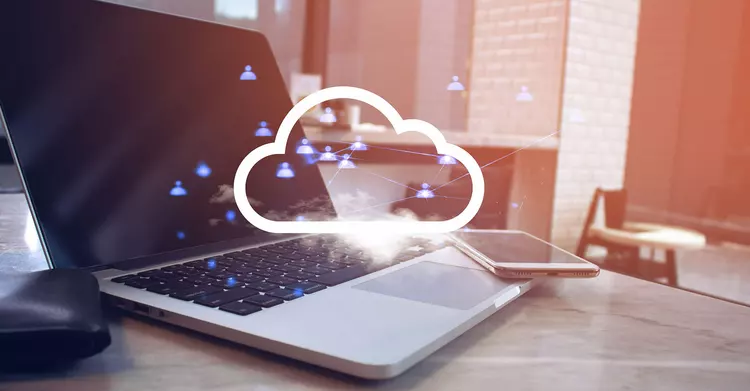At the same time, there are also the larger, strategic decisions within the company. For example, the number of servers can often be reduced by replacing many small ones with a few large ones with greater computing capacity. Outsourcing applications to the cloud can also be worthwhile: The more companies share the same servers, the more efficiently computing power can be distributed. This also has a positive impact on the energy-intensive cooling down of server rooms.
The same applies to workstations: Replacing desktop PCs with modern, economical laptops can in turn significantly reduce power consumption. This example also shows that individual effects of measures (such as lower energy consumption here) can hardly be considered in isolation: After all, laptops and cloud storage additionally enable employees to work on a mobile or hybrid basis - a factor that has become enormously important at the latest since the onset of the Corona pandemic.
Mobile working itself does not reduce emissions - the energy saved at the company's premises is now used elsewhere. But it does reduce emissions from road traffic by reducing trips between home and work. In addition, if less staff are in the office every day, fewer workstations are needed, and therefore less equipment such as monitors or keyboards. Workspaces can be redesigned according to modern aspects and, together with the flexibilization of working hours and location, contribute to higher employee motivation and productivity.








Comments
No comments